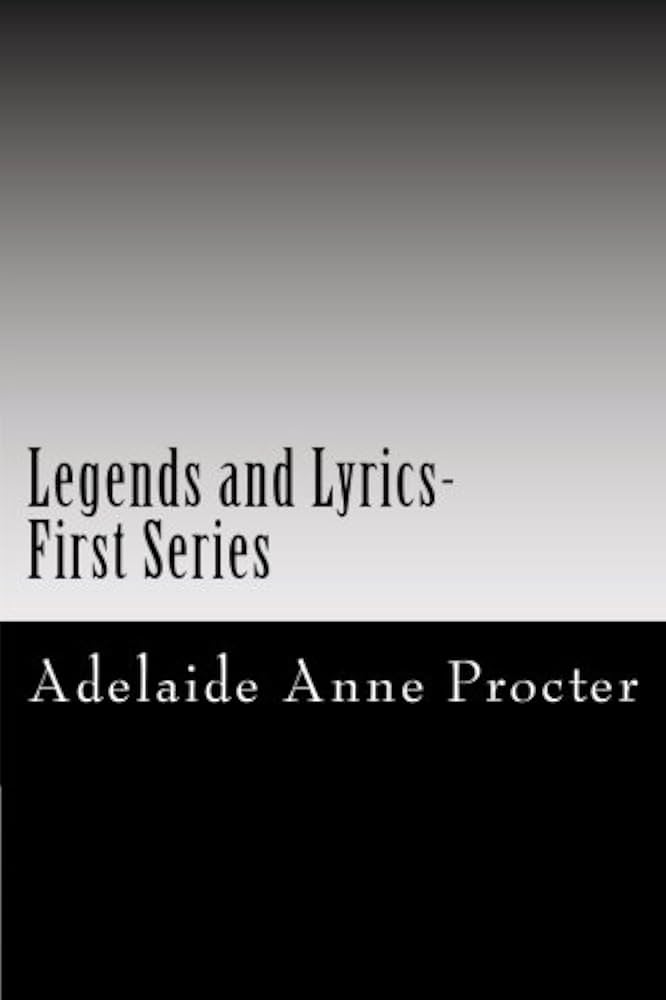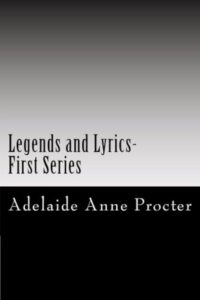VERSE: GOD’S GIFTS
byGod’s Gifts opens with a quiet, solemn truth. When a soul is entrusted to the world—pure, delicate, and unknown—its future is shaped less by fate and more by how it is received. The poem explores this delicate dance between divine intention and human response. In the first tale, a child is brought into the world, faultless and new, yet burdened immediately by society’s neglect. No kindness is offered. Instead, judgment, poverty, and shame shape his earliest days. His growth is surrounded not by nurture but by cruelty. As he stumbles toward adulthood, society does not correct its failure but deepens it. And so, he is condemned for the very wounds it gave him.
His innocence is distorted by the harsh world he never chose. He learns to curse before he is taught to speak with kindness. He survives where he should have been allowed to dream. Every misstep is marked not by guidance but by punishment. Earth denies him the tools to thrive and then blames him for falling. In this way, a soul once radiant becomes a symbol of what society fails to love. By adulthood, he becomes a man the world fears—an outcast, a criminal, a shadow. But it is not sin that defined him first. It was neglect. And now, his name carries only the echoes of a life unloved.
The poem then presents a mirror, one shaped by compassion. Another child, equally innocent, is welcomed not with suspicion but with joy. Earth becomes a mother, not a judge. Her hands reach out not to strike, but to shield. She speaks to him with hope and clothes him in dignity. His world is colored with opportunity, not hunger. Light and beauty surround his growth. The lessons offered are of patience, truth, and honor. Where the first child was cast into guilt, this one is raised in grace. The same start—yet two vastly different journeys, drawn by the heart with which the world received them.
This stark comparison reveals a truth that resonates far beyond poetry. It calls on readers to reflect on the influence of environment, privilege, and compassion. How many lives have turned not because of some flaw within, but because the soil in which they were planted was barren of care? Children are not born broken. They are shaped by what surrounds them. The poem does not merely present tragedy and triumph; it demands accountability. It urges us to recognize that we all play a part in what a child becomes. Whether they rise or fall, we are rarely innocent.
Society often forgets that love is not a luxury—it is the air that young spirits breathe. Kindness, access to education, and safety are not rewards for the deserving. They are birthrights. When they are given freely, we witness the flowering of humanity. When they are withheld, the consequence is not just a single broken life, but a fracture in the world. This poem, though simple in form, calls us back to that truth. We are each the caretakers of God’s gifts.
Ultimately, God’s Gifts is not a story of two children. It is the story of every child. It asks not how they are born, but how they are received. In every classroom, every sidewalk, every forgotten neighborhood, there is someone waiting for the world to decide whether to lift them or leave them behind. And if we believe in any higher purpose, if we value the gift of life, then that decision must be made with care. The difference between the criminal and the hero, the broken and the whole, is rarely destiny—it is almost always nurture. And that, above all, is the poem’s enduring lesson.


